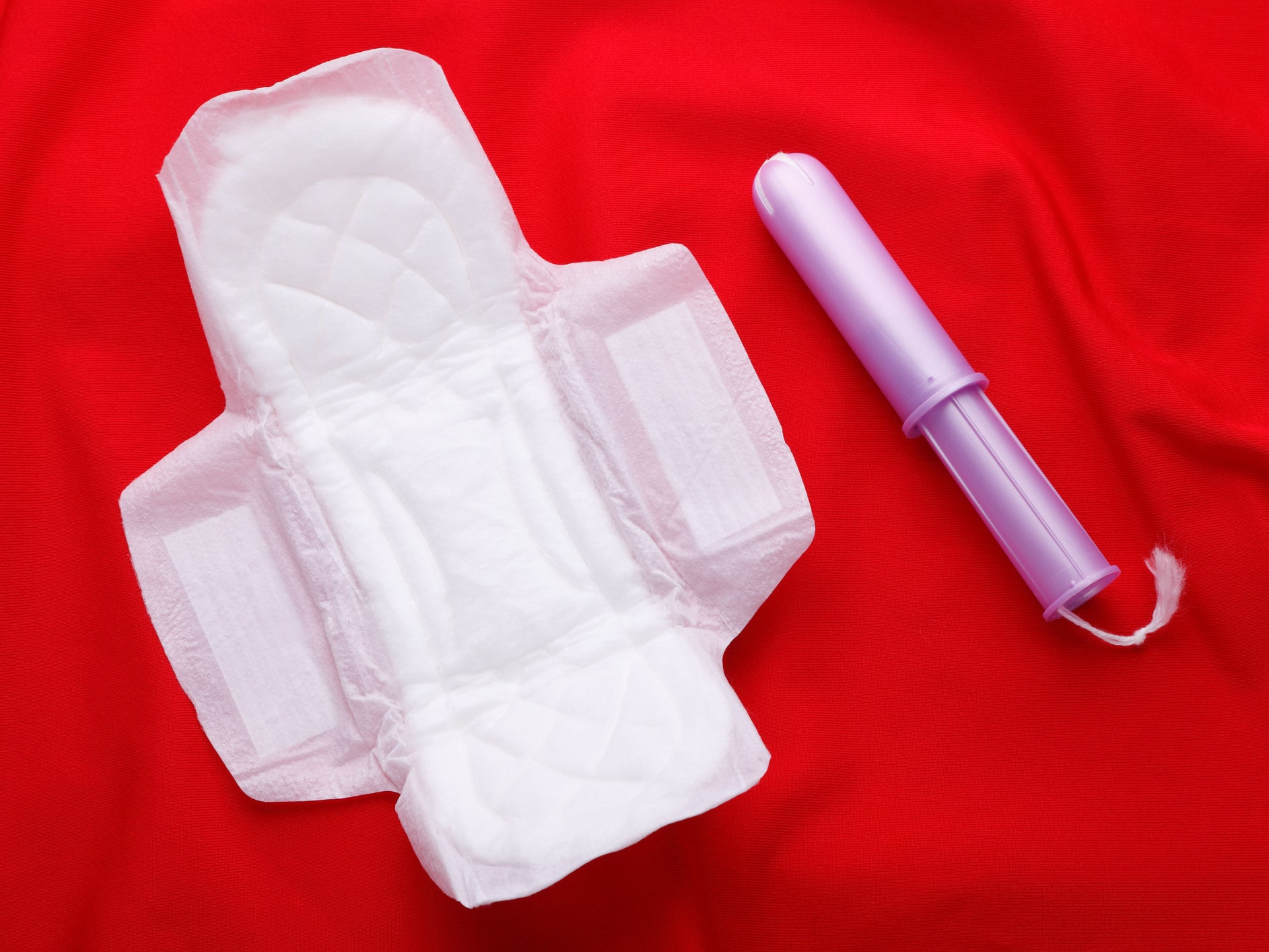Three in 10 girls struggling to afford or access period products during lockdown, survey finds
‘Lockdown has exacerbated the already prevalent problem of period poverty in the UK,’ says Plan International UK CEO

Three in 10 girls are struggling to afford or access period products while in lockdown, a new survey has found.
Earlier this year, it was announced that from January 2021, the tampon tax will no longer be included in the price of sanitary products in the UK.
The move was lauded as a “landmark moment in the fight against period poverty”.
However, throughout the nationwide lockdown that has been in place since Monday 23 March during the coronavirus pandemic, many young girls have been experiencing issues obtaining period products.
According to a new survey released by global children’s charity Plan International UK, almost of third of girls aged between 14 and 21 have struggled to either afford or access sanitary products while at home in lockdown.
More than half of the respondents said they have used toilet paper as an alternative to period products, while one in five said that their periods have been harder to manage due to a lack of available toilet paper in stores.
For the research, Plan International UK surveyed 1,010 girls aged between 14 and 21 during April 2020.
Of those surveyed, 17 per cent said they have been unable to or have struggled to afford period products during lockdown.
Among these girls, 37 per cent said they did not try to access any free sources of products, 42 per cent said they did not know where they needed to go to access free period products and 30 per cent said they felt too embarrassed to find a source of free period products.
Meanwhile, 30 per cent said they did not know who to ask when seeking out free sanitary products.
Furthermore, 22 per cent of the participants said that while they have been able to afford period products, they have struggled to access them.
Almost two thirds of these girls said they could not find sanitary products in their local shops, 17 per cent said they feared catching coronavirus if they left home and 15 per cent have been unable to leave their households to go shopping at all during lockdown.
Rose Caldwell, CEO of Plan International UK, said that while there have been lots of conversations about toilet paper supplies throughout the coronavirus pandemic, far less has been spoken about girls and women going without period products, despite the fact they are “absolutely essential”.
“So these stats should serve as a real eye-opener to the problems girls are facing up and down the country,” Ms Caldwell said.
“Lockdown has exacerbated the already prevalent problem of period poverty in the UK, and we have heard from girls we work with from Kenya to Nepal that this is being reflected across the globe.”
Ms Caldwell said that going forward, “we must commit to ensuring they are supported with free access to products, receive timely education on periods and feel able to talk about the issues they face without fear of shame or stigma”.
In order to highlight the importance of combating period poverty in the UK, Plan International UK is supporting an initiative being led by Sarah Carr, PSHE lead for a partnership of four primary schools and a secondary school in Newcastle.
Before lockdown, Ms Carr helped to organise a scheme in partnership with Streetwise called M-Card to provide free sanitary products in the schools under her care.
“It’s like a little credit card. Young people can come to the office or to me, or eventually to the wider community to get the products,” Ms Carr said.
“Before we closed, we made sure that girls could come to us to collect whatever they needed for lockdown. We have a room that’s been kitted out as our health hub with support from Plan International UK. We provide free products and run group work, as well as counselling for both girls and boys.
“At the moment, Streetwise is also running a referral service that can deliver sanitary products to the door. People can call up and ask for them to be delivered,” Ms Carr added.
Subscribe to Independent Premium to bookmark this article
Want to bookmark your favourite articles and stories to read or reference later? Start your Independent Premium subscription today.

Join our commenting forum
Join thought-provoking conversations, follow other Independent readers and see their replies